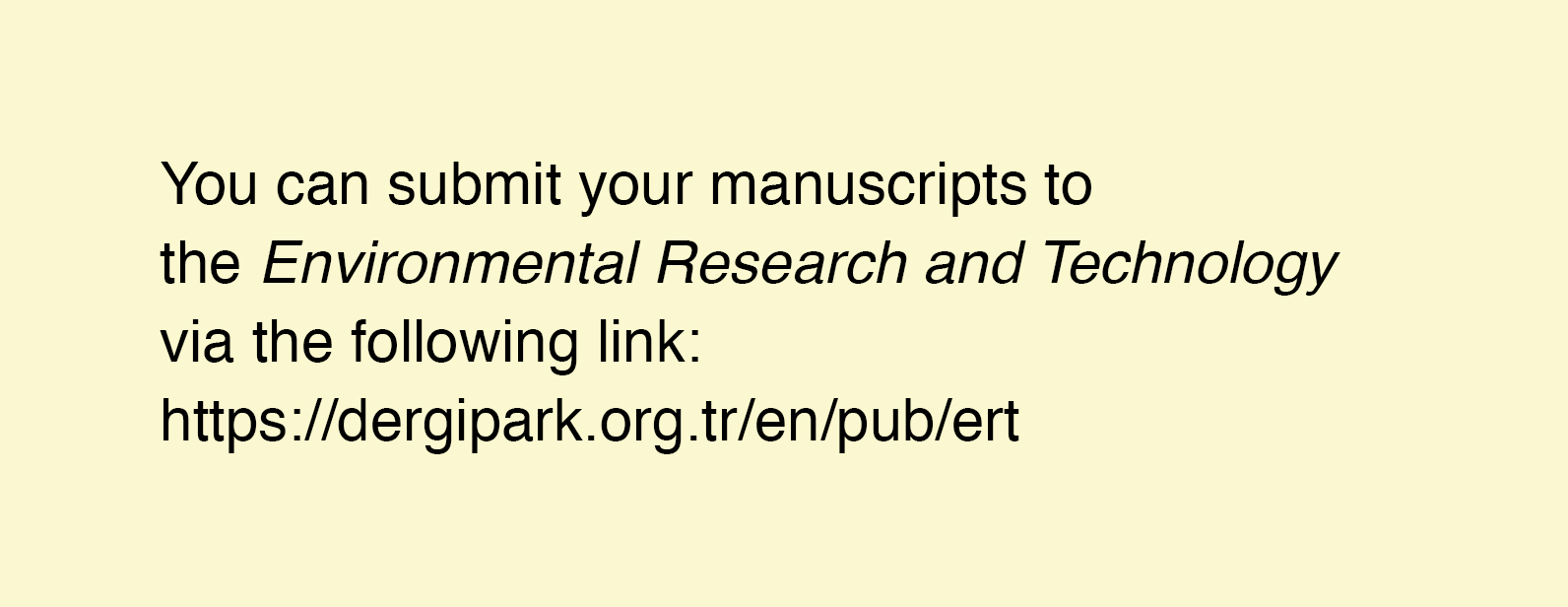Abstract
Groundwater serves as a vital water source for a significant population in the Gujarat region of India. However, substantial contamination from heavy metals, pose a serious threat to human health through various pathways, including drinking water. The rapid industrial and agricultural growth in recent years has exacerbated heavy metal pollution in the state. This study focuses on assessing the heavy metal contamination in the groundwater of Gujarat using the Heavy Met-al Pollution Index (HPI). The research covers the entire state, considering its diverse physical, climatic, topographical, and geographical conditions. The HPI scores obtained from individual studies highlight the extent of pollution caused by heavy metals. The overall findings underscore the severe problem of heavy metal contamination in Gujarat's groundwater and the associated health risks. Various other pollution indicators, including the Heavy Metal Evaluation Index, Degree of Contamination, Metal Index, and Water Pollution Index are discussed as tools to assess contamination levels. These indices compare concentrations of different heavy metals with estab-lished limits to determine the pollution level. The goal is to provide valuable insights for investors and policymakers in formulating strategies to manage and reduce heavy metal contamination across the state. Additionally, the paper explores effective, environmentally friendly, and econom-ically viable treatment techniques to remove heavy metals from aquatic systems, safeguarding the environment. By employing pollution indicators and remedial actions, this study aims to guide efforts in mitigating the impact of heavy metal contamination in the groundwater of Gujarat.











